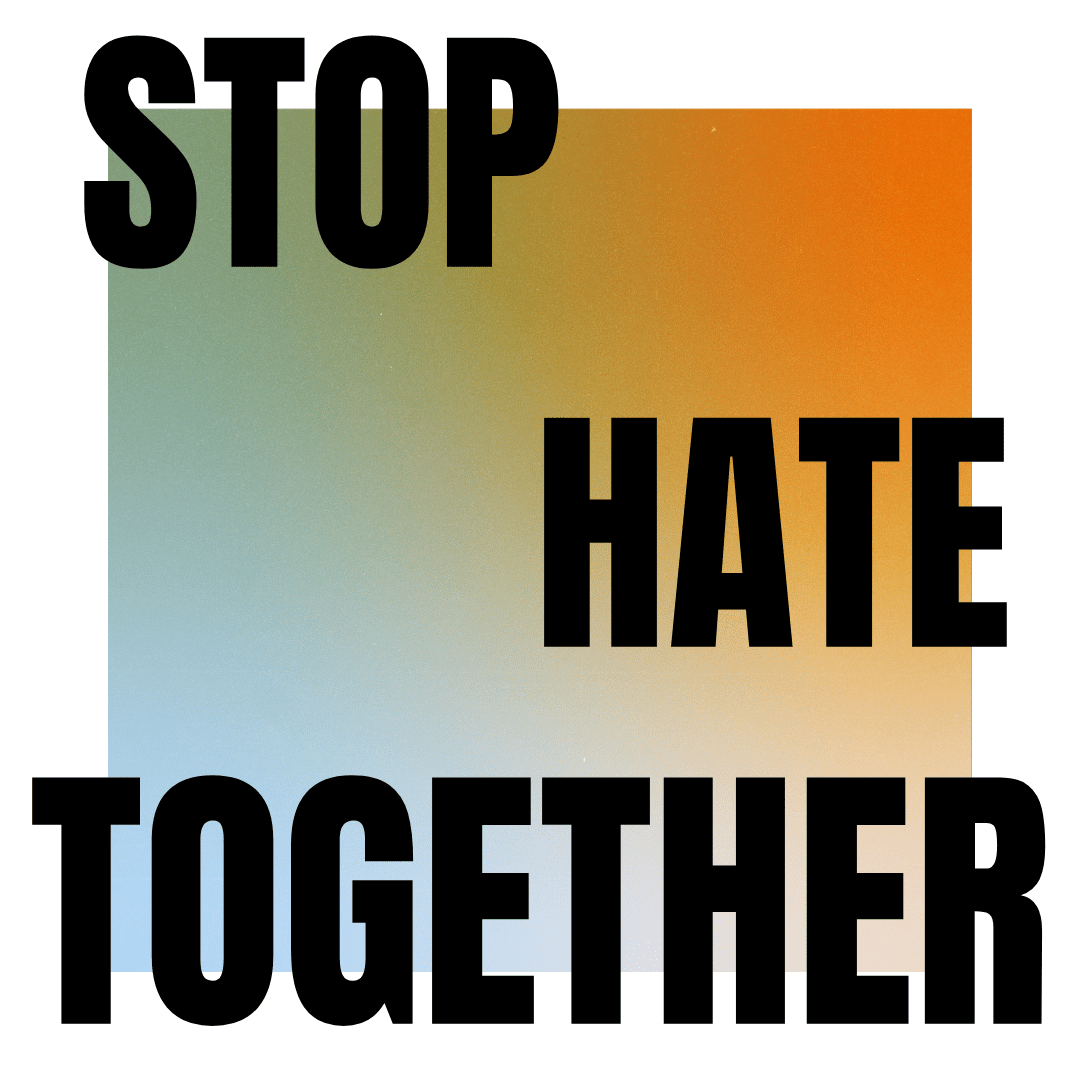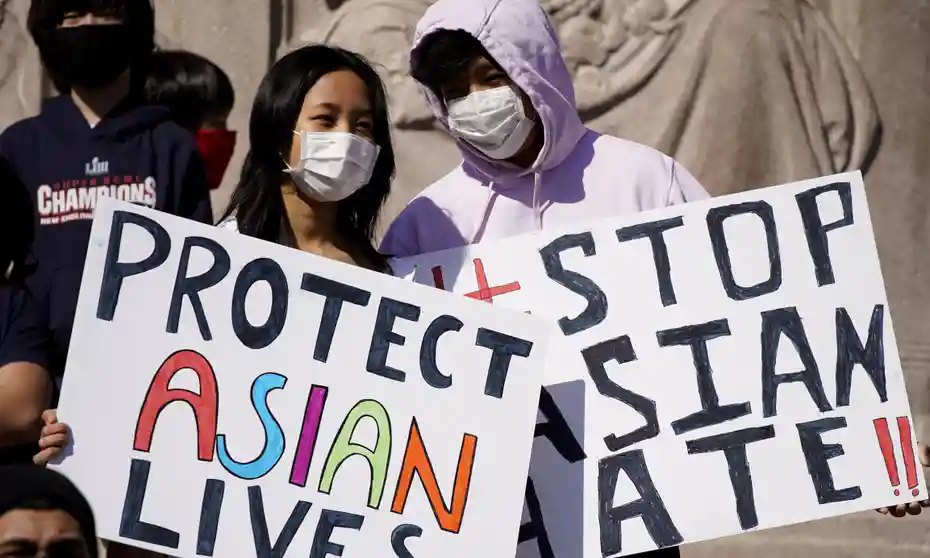Talking and Not Talking about Hate Crimes

Who talks about hate crimes, and how? I haven’t written about the hostage situation on January 15, in Colleyville, Texas. Not on social media, not in the blog. There’s a reason. Actually, there are several reasons. Here are two:
Reason Number One: “Allies” who tell me that the Jews had it coming.
In December, 2019, a Christian man came to Monsey, NY, by train. He entered a Chanukah party and stabbed random people. A few days later, I got into a Facebook squabble with a so-called ally. He spoke kind words, but refused to post anything saying that antisemitism is wrong and that he stands against it. By the end of the online conversation, I lost all hope that this person is any kind of ally of mine or my community. Here is what I wrote about his false allyship at the time:
This is the direct quote of the first part of our conversation:
He: The Orthodox Jews look so strange and weird to so many people, it’s difficult to figure out who they are. I know many people who have no idea they are Jews, observant Jews. I have several black friends in the area and resent them taking over their turf.
Me: I am concerned by your comment. Are you saying that looking strange or moving in “taking over turf” justifies murder? That sounds like all the comments made about whether black teens who are shot by police were misbehaving. What happened yesterday was a planned attack on a holiday party. It was intentional murder of Jews by non Jews.
The conversation went on for about 20 rounds of comments. He kept insisting that people on this Facebook thread need to understand the context of the attacks and the anger of the local non-Jews.
The person that started the post was also well-intentioned. He tried to make peace. He, too, just did not get it.
His aim was to calm things down. First, by telling me that the first commenter has a long social justice history and it is a given that he stands against violence. Next by calling for unity, by using the words of Robert F. Kennedy.
He did not explain unity for what ideal (since no one was practicing non-violence in Monsey). He, too, was miffed when I repeated that what I was objecting to was an ongoing explanation by the other commenter about how the Jews have made the Christians angry.
In the end, I gave up on this conversation. I was accused of being “angry,” refusing “unity,” and being uncool for questioning the motives of a Christian who thinks now is the time to explain why the Jews in Monsey had it coming.
So, when a rabbi and three other Jewish people were being held at gunpoint on January 15, 2022, I was reluctant to engage with my Christian allies. I had a legitimate fear of being told that the Jews were somehow to blame.
Reason number two: Hate-stories on social media fuel martyr style violence.
Little–almost nothing–is being done to limit the dissemination of lies against minorities.
I had done social justice work with at least one of the people on the Facebook thread in December 2019. Yet they do not see that repeating how Jews are strange and make people mad is buying into the conspiracy theory, called Antisemitism, that fuels anti-Semitic violence. When people of conscience repeat stories of what the Jews were doing that caused anger, they are giving credence to larger lies about those people. The assailants in Monsey in 2019, Jersey City in 2019, Pittsburgh in 2018, and two weeks ago in Colleyville, Texas have all been exposed to the long ugly thread of conspiracy theories that blame the Jews for society’s ills.
 This pattern of blame towards minorities is certainly not limited to anti-Semitism. Attacks on Asian Americans across the country have seen a rise in violent attacks in recent years that has only worsened since the start of the Covid-19 pandemic. [source] Anti-Asian hate is not a new social trend, but the violence has seem an uptick in recent years. There is little or no censure against people who publicly speak about the pandemic in terms of some vague conspiracy by China.
This pattern of blame towards minorities is certainly not limited to anti-Semitism. Attacks on Asian Americans across the country have seen a rise in violent attacks in recent years that has only worsened since the start of the Covid-19 pandemic. [source] Anti-Asian hate is not a new social trend, but the violence has seem an uptick in recent years. There is little or no censure against people who publicly speak about the pandemic in terms of some vague conspiracy by China.
On the very same night of the Colleyville, Texas hostage situation, an Asian woman was killed, seemingly randomly, by a man in the subway. Another woman on the same platform was approached by the alleged murderer, then he walked away. He looked at the Caucasian woman and let her be, then approached an Asian woman and, allegedly, pushed her to her death on the train tracks. When I read the news coverage about this incident, it focused on the mental health problems of the assailant. Maybe he does have mental illness problems, but he was clear-enough thinking to choose to attack and Asian woman and deliberately not harm a Caucasian one.
People who are unhappy and looking for someone to blame are affected by hateful rumors and lies about minority people. Some of the unhappy people are willing to act on this hate. As a member of this society, you can be part of the trend towards actively supporting haters, passively supporting haters by not confronting their blame-game, or you can stand up against hate.